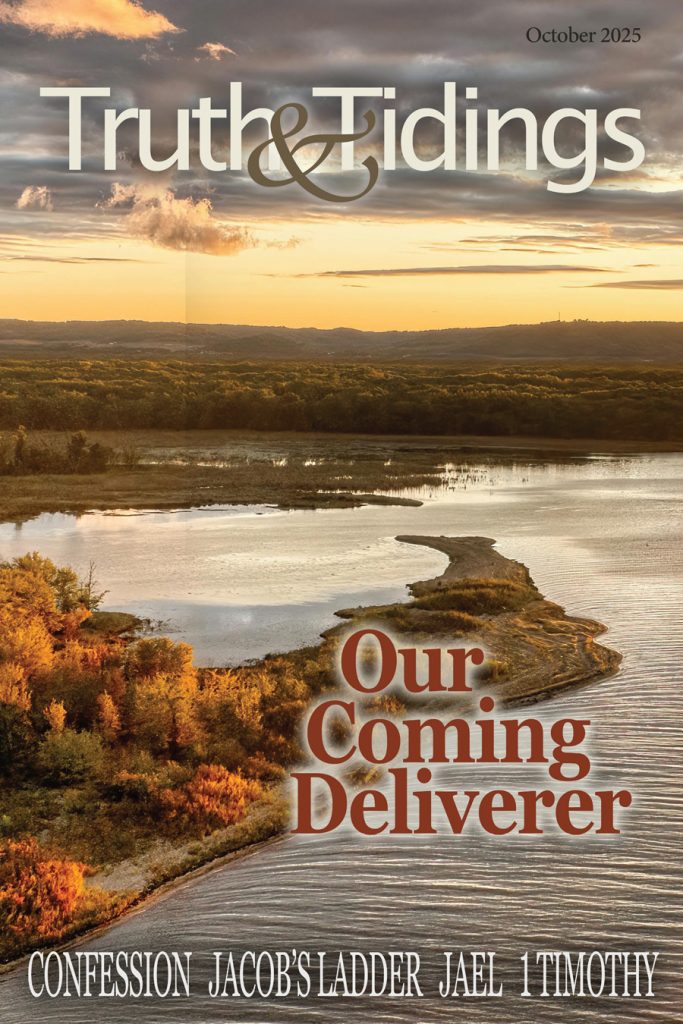It is not the first prayer in Acts,1 but it is the first one recorded since the coming of the Holy Spirit, and therefore, the first recorded prayer of the Church. So, what did they pray? What lessons can we learn from the prayer in Acts 4:24-30?
The context of their prayer is the release of Peter and John after the healing of the lame man in chapter 3. The Jewish authorities were enraged that thousands had been converted, believing that Jesus of Nazareth was the Messiah and had risen from the dead. Peter and John were warned and threatened not to preach again in the name of Jesus. So, they went to their fellow believers and informed them of these threats. Their immediate reaction was to pray. When trouble comes, prayer should be our first response, not our last resort.
Also instructive is the concord of their prayer. “And when they heard that, they lifted up their voice to God with one accord” (v24 KJV). The singular noun “voice” emphasizes their unity. These believers wanted the same thing and prayed “with one mind” (NET).
The confidence of their prayer can be seen in their quotation of Scripture, noting the partial fulfillment of Psalm 2. They could find encouragement in knowing that God’s plan was being realized, not only as it pertained to Christ, but even in the hostility directed against Christ’s followers. Our prayers could certainly use a larger injection of Scripture. Confidence in God will increase as we recall the many times He has come through on His promises.
Further instruction is seen in the content of their prayer. They begin, not with requests, but with a recognition of who God is – “Sovereign Lord” (ESV). They praise the sovereignty of God, recognizing that He is the Creator of all things and, therefore, has unlimited power. There is nothing He cannot do. In short, in this first recorded prayer of the Church, believers remind themselves Who it is they are praying to before any request is made. We need to remember that more often.
Note what they don’t ask. They don’t pray the Lord to remove the threats, but simply to “look upon”2 their threats (v29). Nor do they ask God to crush their opponents, as some of the psalmists did. This is the first recorded prayer of believers in a new dispensation, where Christ’s followers imitate Him who, “when he suffered, he did not threaten, but continued entrusting himself to him who judges justly” (1Pe 2:23 ESV). They simply leave those threatening them in the hands of the Sovereign Lord. What they do ask is for boldness to spread the Word of God. To these early believers, the spread of God’s Word was more important than the safety of God’s people. This doesn’t mean it’s wrong for us to pray that we’ll be spared from harm or harassment, but only that the advancement of God’s Word is of primary importance.
Recognizing the power of the One they addressed, recalling the fulfillment of His promises, requesting boldness to spread His Word while releasing those who opposed them into God’s hands – nearly 20 centuries later, do our prayers sound anything like this one? How much of this prayer can be found in ours?
1 See 1:24-25, where believers prayed for guidance in choosing a replacement for Judas.
2 The verb is ephorao, used only by Luke (here and in Luke 1:25 by Elisabeth).

